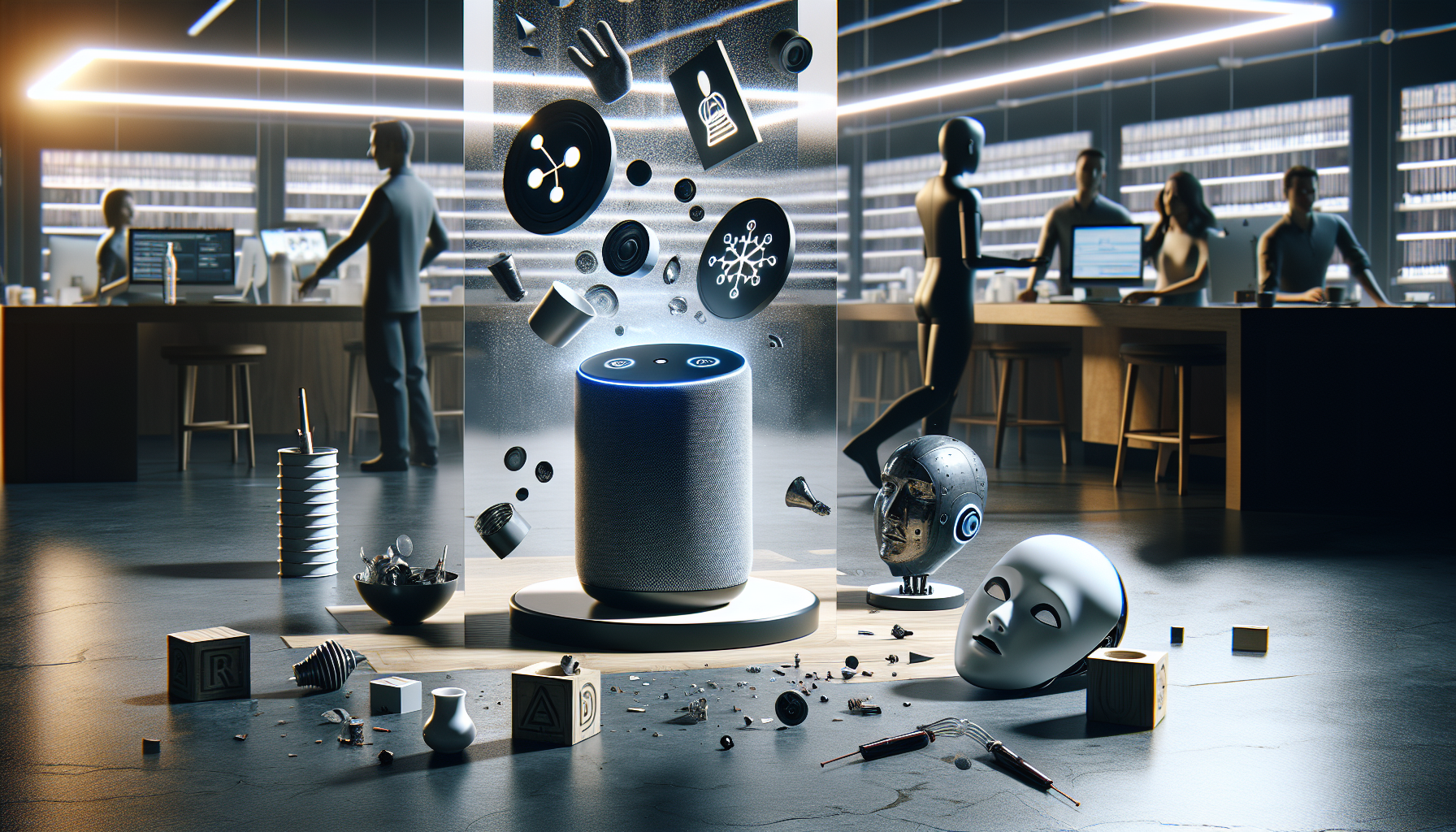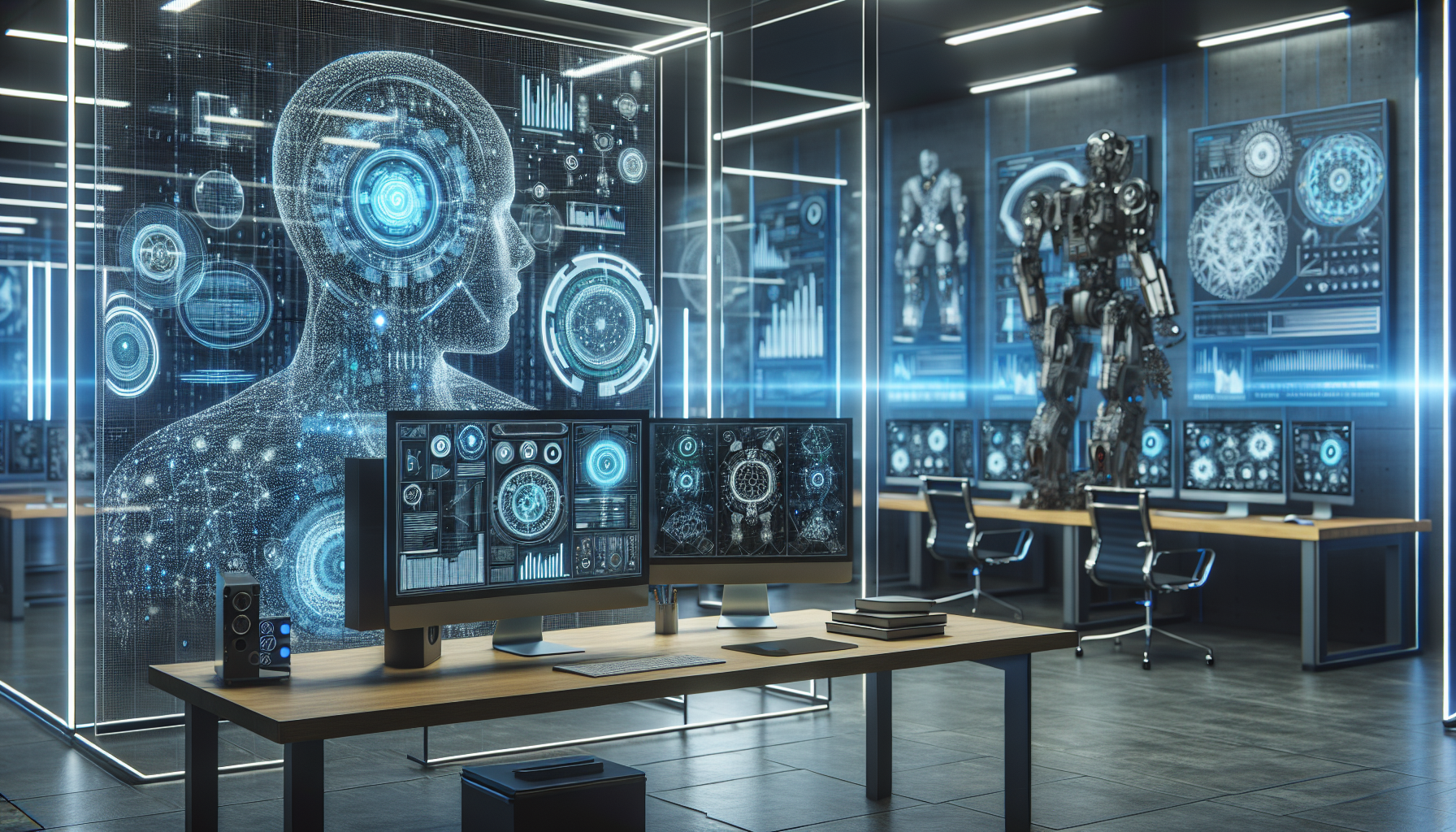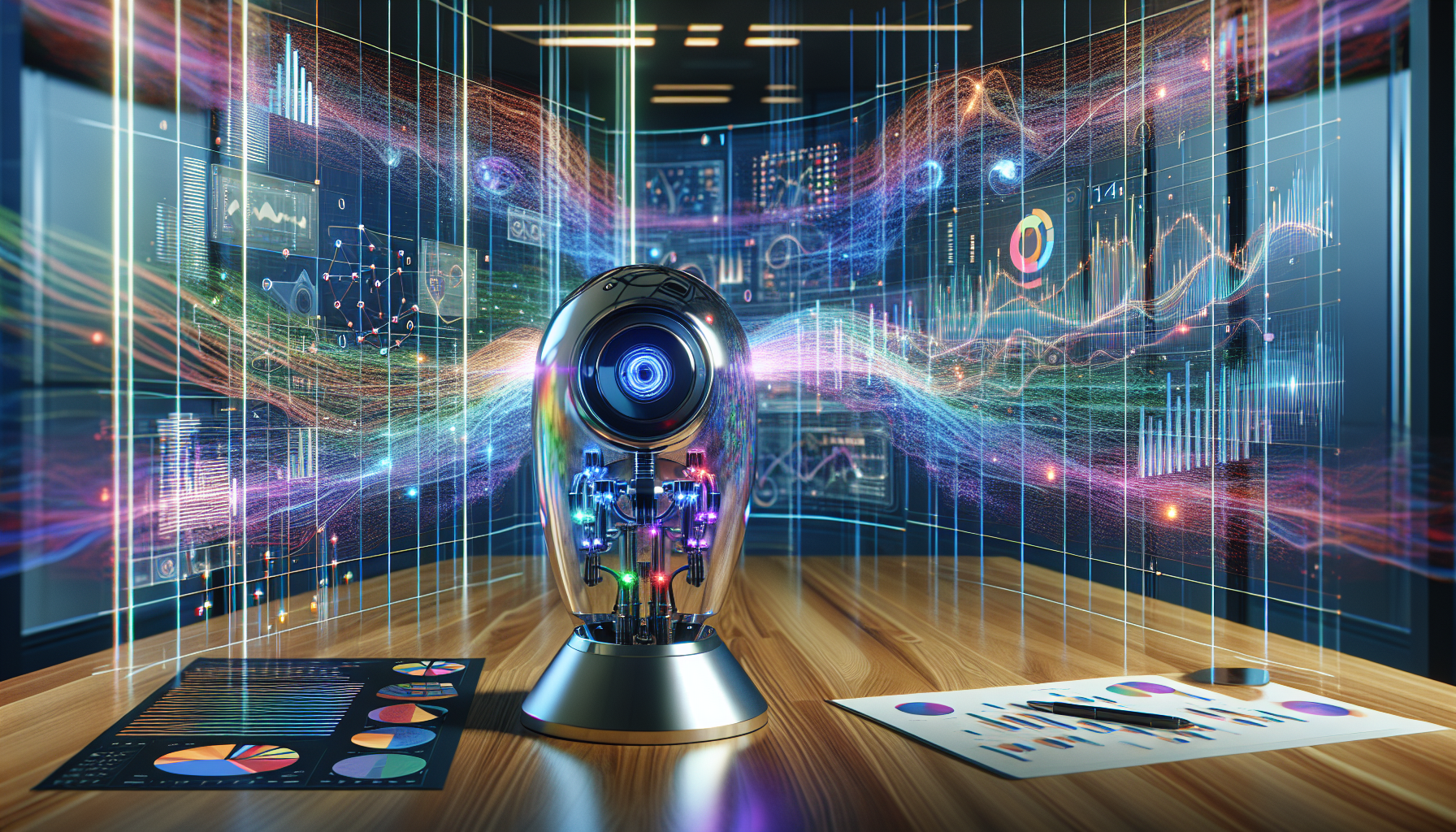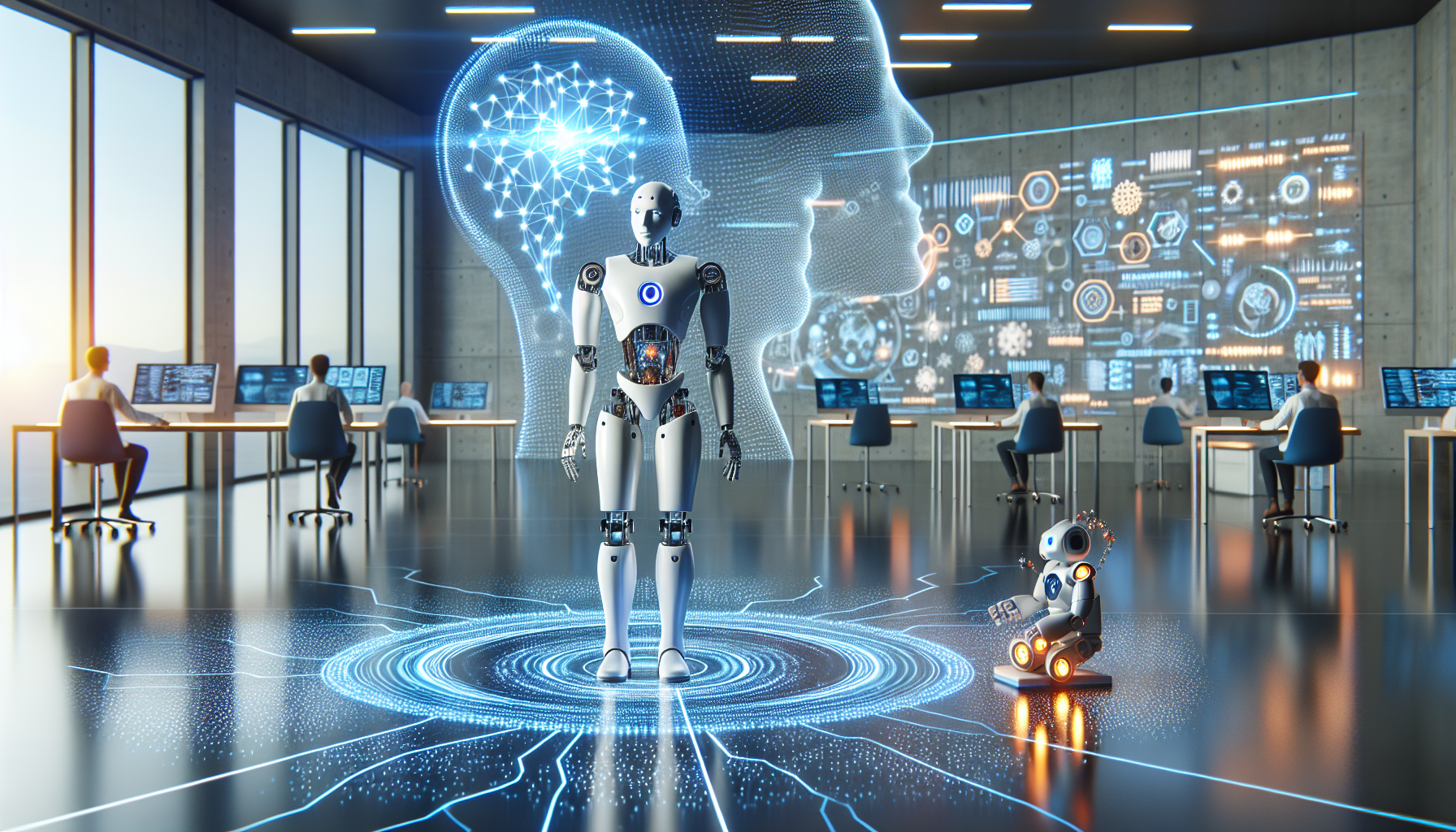
AI in the Fashion Industry: Debunking Myths and Embracing Innovation
September 27, 2025
Artificial intelligence is rapidly transforming industries worldwide, and fashion is no exception. Yet, as AI weaves its way into the fabric of the fashion industry, misconceptions and myths abound. It's time to unravel these myths and appreciate how AI is not only enhancing creativity but also revolutionizing efficiency and sustainability in fashion.
First, let's tackle the myth that AI stifles creativity. This notion arises from the fear that machines, with their precise algorithms and data-driven processes, could replace human designers. However, the reality is quite the opposite. AI serves as a valuable collaborator to designers, offering tools that enhance rather than replace human creativity. Take, for instance, AI-powered design software that can analyze trends and consumer preferences. These tools provide designers with insights that inspire new creations, pushing the boundaries of fashion design.
Moreover, AI is enabling a level of customization and personalization previously unimaginable. By analyzing consumer data, AI can predict style preferences and even suggest personalized fashion choices. This not only enhances the shopping experience but also encourages individual expression. When consumers feel understood and catered to, their loyalty to brands grows. Far from stifling creativity, AI is fostering a new era of personalized fashion.
Another common myth is that AI will lead to job losses across the fashion industry. While automation does change the job landscape, it also creates opportunities for new roles that require human skills. The fashion industry is seeing a growing demand for professionals who can bridge the gap between technology and creativity. These roles include data analysts, AI specialists, and digital strategists who work alongside traditional fashion roles. Instead of diminishing employment, AI is prompting a shift in skillsets and opening doors to innovative career paths.
Sustainability is one of the most pressing issues in fashion today, and here, AI is proving to be a powerful ally. Contrary to the belief that AI might lead to more waste, the technology is instrumental in creating more sustainable practices. AI can optimize supply chains, reducing excess inventory and minimizing waste. By predicting demand more accurately, fashion companies can produce just what is needed, reducing their environmental footprint.
Furthermore, AI-driven fabric innovation is paving the way for sustainable materials. Researchers are using AI to develop eco-friendly textiles that maintain the quality and aesthetic appeal consumers expect. These advancements are significant steps toward reducing the industry's reliance on harmful materials and processes, proving that AI is an essential partner in the quest for sustainability.
In the realm of retail, AI is transforming the consumer experience. Virtual fitting rooms, powered by AI, offer shoppers the convenience of trying on clothes without stepping foot in a store. This technology addresses the myth that online shopping can't replicate the in-store experience. By offering realistic and interactive ways to view and try products, AI is enhancing the e-commerce experience, making it more engaging and efficient.
Moreover, AI-driven customer service, through chatbots and virtual assistants, provides consumers with instant support and personalized recommendations. This level of service was once thought achievable only with human interaction. Yet, AI has proven its ability to offer seamless and efficient customer support, enhancing the shopping experience and building stronger brand-customer relationships.
It's important to recognize that AI in fashion is not about replacing the human element but enhancing it. The technology acts as an enabler, providing tools and insights that empower designers, retailers, and consumers. By dispelling myths and embracing the potential of AI, the fashion industry can continue to innovate and evolve.
The integration of AI into fashion is just the beginning of a transformative journey. As we move forward, it's crucial to consider how AI can further contribute to inclusivity, diversity, and sustainability in fashion. How can we ensure that AI serves as a tool for positive change, fostering a fashion industry that is not only technologically advanced but also ethically responsible? The answer lies in our willingness to embrace innovation while staying true to the core values of creativity and human connection. As AI continues to knit itself into the tapestry of fashion, we must remain open to its possibilities and vigilant in its application.


